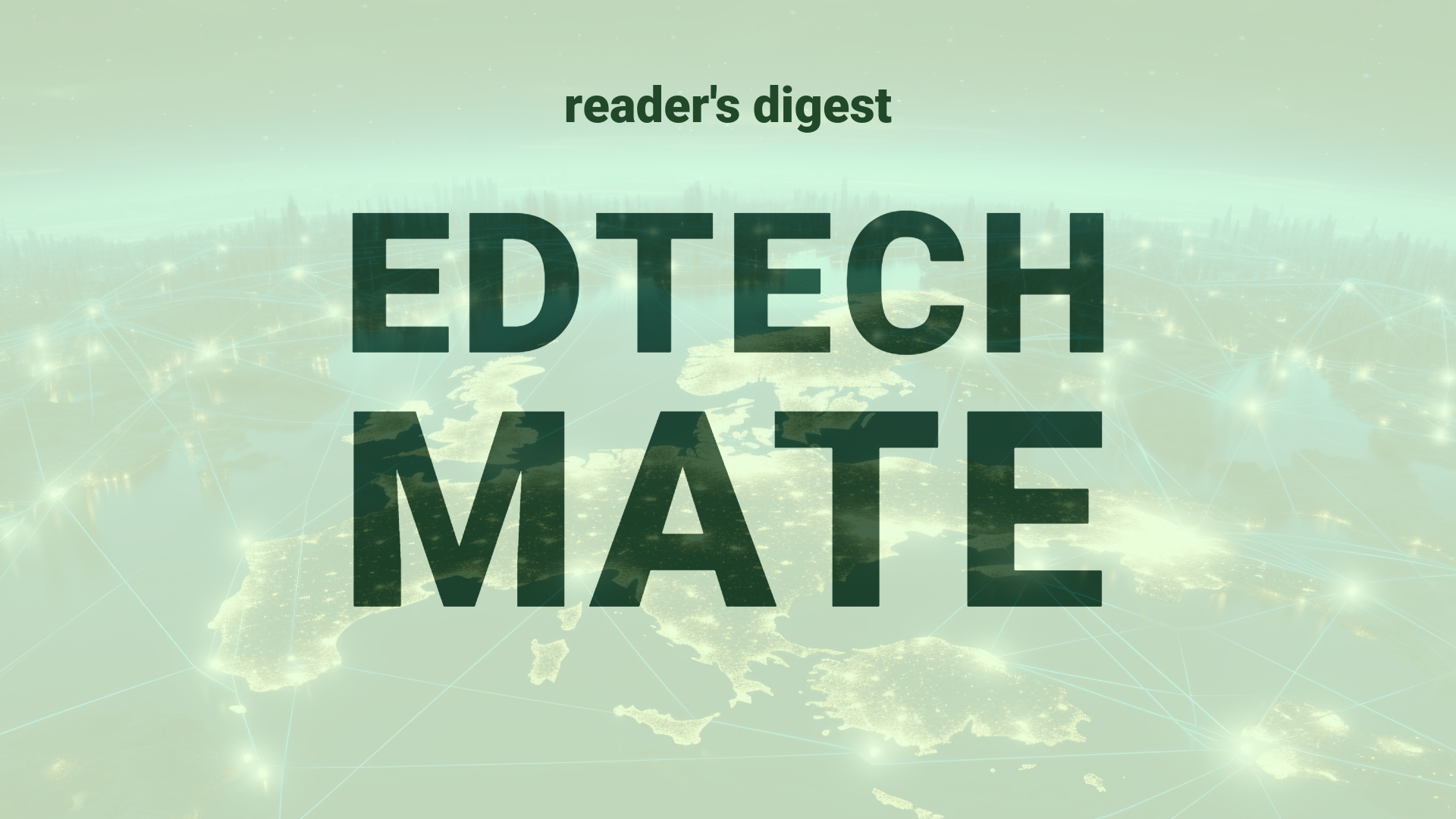Executive Summary and Main Points
McKinsey’s research into the global wellness market reveals shifting consumer priorities, showing an increased focus on health and wellness across various dimensions, including health, fitness, sleep, mindfulness, appearance, and nutrition. Key trends identify consumer enthusiasm for innovations in healthy aging, weight management, gut health, and sleep optimization. The pivot towards valuing clinical efficacy over “clean and natural” attributes implies a market leaning towards scientifically-backed wellness products. Attention to women’s health is gaining momentum, reflected in targeted investments and product development. The implications for the education sector are significant as these insights can guide curricula updates, research focus, and industry partnerships in Further Education and Higher Education. The rise of “gen AI” is altering the landscape of personalized wellness solutions, indicating a potential for cross-disciplinary educational programs that blend health with AI and digital technologies.
Potential Impact in the Education Sector
In Further Education and Higher Education, the insights from McKinsey’s research into consumer health and wellness trends can inform curriculum development, emphasizing the integration of digital health, wellness technology, and personalized medicine into health sciences education. The data on healthy aging and wellness priorities can catalyze new research initiatives and gerontology programs catering to an aging global population. As weight management and gut health gain consumer attention, nutritional science and dietetic programs can evolve to meet these market demands, potentially increasing collaboration with industry partners to provide practical, application-oriented learning experiences. With the focus on clinical effectiveness rising, medical and healthcare programs may prioritize evidence-based approaches in training, reinforcing the importance of research and scientific literacy. The trend towards gen AI and digital wellness tools necessitates investment in digital literacy and AI integration across health-related curricula, preparing students for a future where AI plays a crucial role in healthcare innovation. Micro-credentials can offer targeted, up-to-date training in specific wellness areas, allowing professionals to quickly adapt to the market’s shifting focus.
Potential Applicability in the Education Sector
The wellness industry’s surge in technological innovation offers a wealth of applications for the education sector. AI and digital tools are becoming essential in personalized health, which can be incorporated into educational programs through modules on data analytics, personalized nutrition, genomics, and health informatics. Wearables and biometric monitoring can serve as practical tools for teaching about intersections between technology and physical health, encouraging students to engage in hands-on learning projects. Further, gen AI could be utilized for creating adaptive learning environments that personalize education in line with student well-being, merging academic success with holistic health. Academic institutions can also explore partnerships with companies specializing in microbiome and at-home testing, which can provide students with real-world exposure to emerging diagnostic technologies.
Criticism and Potential Shortfalls
Despite the promising trends, there is a critical need to balance technological advancements with ethical considerations. The focus on clinical efficacy must not overlook the importance of holistic approaches to wellness that consider physical, mental, and social health. As digital and AI-driven wellness tools gain popularity, disparities in access to these technologies must be addressed to prevent exacerbating health inequities. International case studies highlight the cultural nuances in wellness approaches, underscoring the importance of cultural competence in global health education. Data privacy and the potential misuse of AI in health profiling remain significant concerns. Furthermore, the sector’s rapid growth may lead to market saturation, where distinguishing between evidence-based solutions and fads becomes challenging for consumers and poses a risk of misinformation.
Actionable Recommendations
For education leaders, it is imperative to actively incorporate these wellness trends into strategic plans and curricula. Institutions should seek partnerships with technologically advanced wellness companies to embed practical, real-world experiences into their programs. This can also propel the co-development of micro-credentials aligning with industry needs. Fostering interdisciplinary courses that merge wellness with technology, business, and ethics will equip students with a rounded perspective. Investing in research and faculty expertise in gen AI, personalized medicine, and digital health tracking will prepare institutions for future education delivery models. Lastly, health education programs must emphasize cultural sensitivity, data ethics, and digital equity to ensure that tomorrow’s health and wellness professionals are prepared to navigate the complexities of an increasingly globalized and technologically-driven healthcare landscape
Source article: https://www.mckinsey.com/industries/consumer-packaged-goods/our-insights/whats-new-in-consumer-wellness-trends

